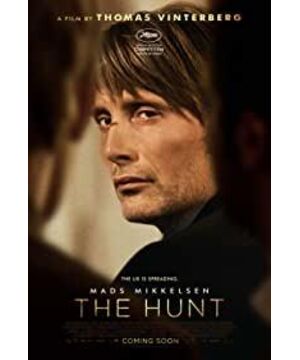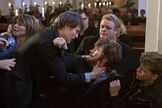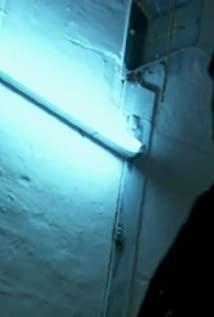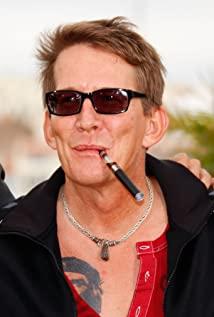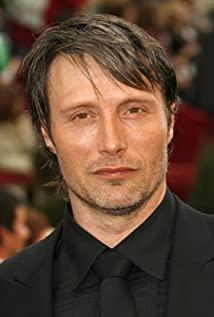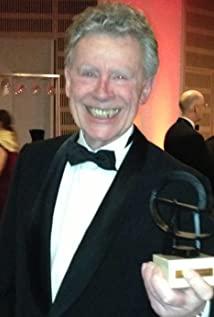First of all, "sexual assault", especially "sexual assault against children" is an extremely disdainful act in many areas of modern society (especially in northern Europe where the film took place), and this disdainful behavior is more closely related to crimes than more crimes. The perpetrator's low morals and even mental illness are linked together.
After watching the movie, I saw some comments clinging to "legal means." But in fact, I think people are more likely to be directly angry when facing the topic of "sexual assault", and less care about whether the details are worthy of scrutiny; because of the concealment of sexual assault itself, the so-called legal process cannot really eliminate people’s minds. Doubts-usually being found guilty is "legal justice", and being innocent is just "escape by fluke". Therefore, we often see that even if the defendant in some sexual assault cases wins, the innocence does not follow. People do not necessarily sympathize with the victim (this film does not stigmatize Kara by the way, but in many cultures people also stigmatize the "victim" at least to the same extent), but once a story about a "sexual assault" begins to enter From the public's perspective, it is basically futile to try to prove your innocence.
But I think the role of another factor in this film may be more important, that is, "children".
As the sole source of information for "sexual assault", Carla was given excessive "trust"-although there is usually only one visible source of information in sexual assault, namely the victim, with this "trust", she was completely guarded And lost the right to explain again. When Carla’s friend and Cara’s mother first explained that this story was purely fabricated, she hugged her and comforted her, "It's just that you have selectively forgotten them because you were afraid, and these things did happen." Also acting like a good child, she stopped explaining and hugged her mother without saying a word.
This is exactly the most typical adult's attitude toward children in this film, and the mentality of a protector who is convinced that children are "innocent, kind, and innocent." This mentality is not consistent with the reality of children. Kara is at least a power user who does not know the depth and knows how to please his parents; of course, these are not necessarily important to parents, and they are not very important to how children interact in the adult world. Caring, but obsessed with being a "protector". The object of their protection is the specific child, and the "child image" in the culture who is not malicious, kind and innocent, and never lies. The most absurd manifestation of this is that the parents of other children in the kindergarten have successively "discovered" that they may have been sexually assaulted by the male protagonist Lucas, and even if the children's basement does not exist, all The malice of the townspeople has not been eliminated at all. "They remembered it wrong because they were scared."
The most complicated scene in the movie is that Lucas saw Cara again at the coming-of-age ceremony of her son Marcus a year later. She didn't want to walk on the lines of the floor, but Lucas hesitated for a while and still talked with him. As usual, she walked across the room and put her on the floor outside the door on the other side. Lucas seemed to hold this kind of child stereotype himself, even if the girl ruined him.
These two factors actually determined that Lucas was destined to have a stain that could not be erased, not to mention this “stain” has made him an extremely unwelcome person in the town. What I really like about the male lead is that he has portrayed a persuasive good old man, how to face the unsolvable death. At the end of the film, Lucas was almost exploded at the point where his head was a cyclic decimal (and the indistinguishable "hunter" in the sun means everyone).
Of course, first of all, there must be a black and black book of the wonderful work-the kindergarten principal. She was very restrained when she first heard Kara's expression of being "sexually assaulted", but after that she continued to take the initiative to expand the situation (not even daring to imagine him) Have you considered Carla’s feelings?).
The most unbelievable thing is that when the psychologist she invited asked Carla a few words and asked her if she was "freely flowing out of fluid," the director actually vomited - not for such inquiries. How wrong it is to feel uncomfortable, but I think an adult woman vomits instead of frowning, covering her chest or even signalling to the psychologist to stop, just showing her resistance to it without showing the sympathy and protection she deserves. I wonder if the director has any feminists like black who reject men as a whole?
Fortunately, Northern Europe is not like ours. Girls have not been stigmatized in vain because of the "sexual assault" stories they made up. However, this kind of development that completely ignores children's privacy and extremes is still thanks to the kindergarten principal ( Mishandling campus sexual assault veterans).
View more about The Hunt reviews


